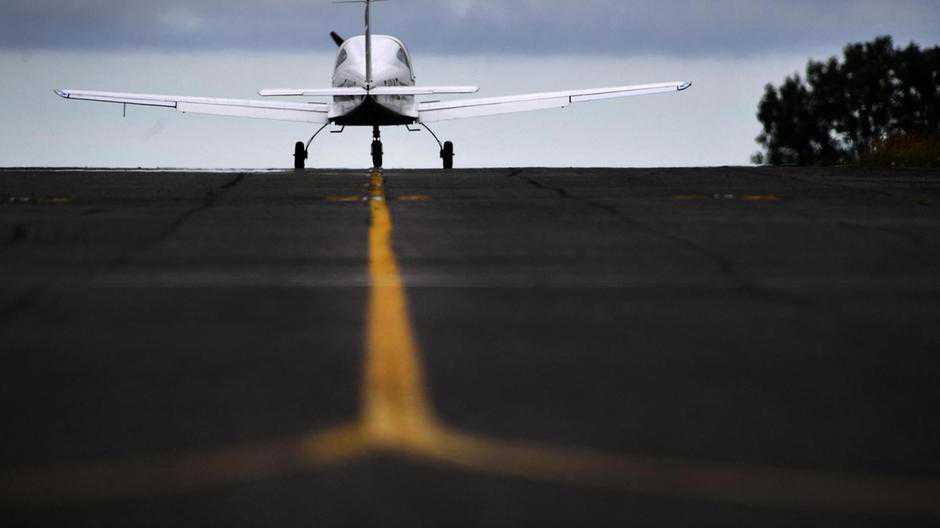Global passenger airlines 'moderately positioned' to adjust to carbon neutral future, Moody's says
25 June, 2021

Global passenger airlines are just "moderately positioned" to adjust to a low-carbon future, with technological challenges proving to become a major hurdle, Moody's said in a written report.
The ratings agency surveyed 21 rated passenger airlines for carbon transition assessment and rated them CT-7, which indicates a moderate positioning on its 10-point scale.
"Our assessments reflect our view that global passenger airlines face technological challenges in the transition to a low-carbon future," said Ram Sri-Saravanapavaan, an analyst at Moody's.
"We expect aviation to be at the mercy of increasing pressure from governments and shareholders to lessen emissions as a way to deliver on net-zero targets."
The global aviation sector has increasingly come beneath the spotlight as countries make an effort to curb emissions amid the pandemic.
The aviation sector currently represents 2 % of global CO2 emissions, in line with the International Civil Aviation Organisation - a figure that could rise as air travel resumes as movement restrictions ease across the world. But the industry has been struggling to navigate a successful transition because of the inherent structural and technological challenges.
Several initiatives are being undertaken to greatly help airlines adopt sustainable fuels such as biofuel or hydrogen in place of jet fuel, which is a crude product.
"Global passenger airlines face technological challenges in the transition to a low-carbon future, as the likelihood of attaining low or zero-emission engines for aircraft of how big is the industry's current fleet is low and since it will need decades for the output of sustainable aviation fuel to come near to the global industry's total annual fuel consumption," Moody's said in the report.
The agency also recommended buying into eligible carbon offsetting programmes until sustainable aviation fuels are developed at scale to power future flights.
Earlier this month, Rolls-Royce, making engines for planes and ships, said it planned to achieve net-zero emissions by 2050 through making its aircraft engines capable of running on sustainable aviation fuels (SAFs) and by decarbonising new products.
The British engineering company outlined its green goals last week and pledged new products will be compatible with net-zero targets by 2030. Rolls-Royce also said its engines can operate with 100 % sustainable aviation fuels by 2023, which produce less carbon than traditional jet fuel.
It further focused on make its entire business carbon-neutral by 2050 at the most recent.
Source: www.thenationalnews.com
TAG(s):
